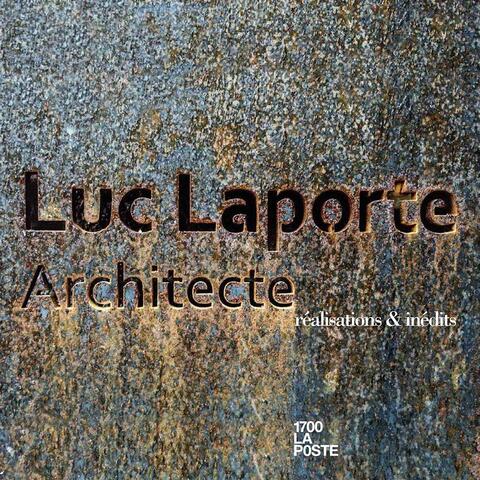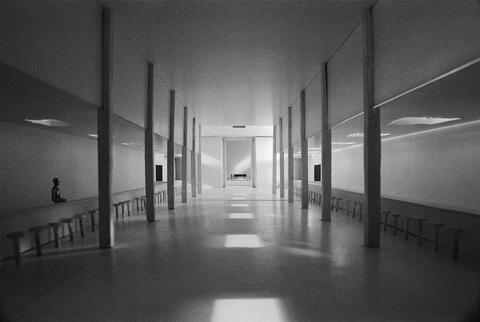
Luc Laporte
As 1700 La Poste enters its second year, it showcases the work of Luc Laporte with an itinerary tracing the evolution of the projects and proposals designed by this discreet, independent, creative, and visionary architect.
Exclusively for this occasion, Montréal’s UBU theatre company presents L’homme qui marche (The Man Who Walks), a small urban phantasmagoria with excerpts from texts and poems drawn from Laporte’s personal library. The puppet theatre is a playful nod to the architect’s fascination with performance spaces of all kinds.
In addition to inviting visitors to discover or rediscover Laporte’s works, 1700 La Poste—the architect’s last project—also presents a number of his design proposals. Cité pour 33 296 habitants (City for 33,296 Inhabitants), commissioned by the Musée regional de Rimouski, imagines a car-free utopian city with no parking facilities, conceived on a human scale. Small public squares and other gathering places are scattered throughout. The plan saw the population of Rimouski moving onto Île Saint-Barnabé, with the island’s waterfront reserved for agriculture and parkland.
The event is also an opportunity for Laporte’s friends and colleagues, among them artists and writers, to pay homage to the architect.
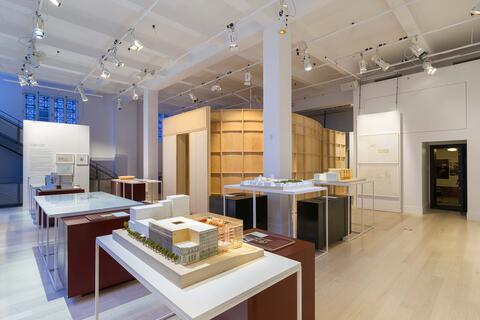
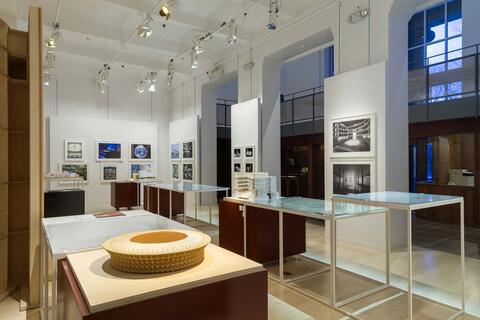
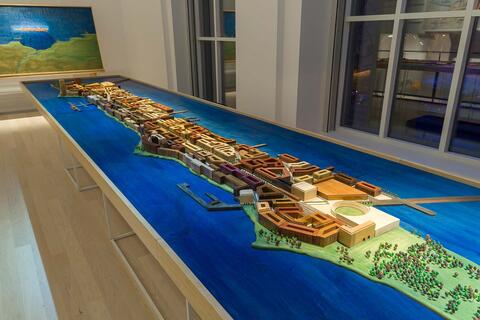
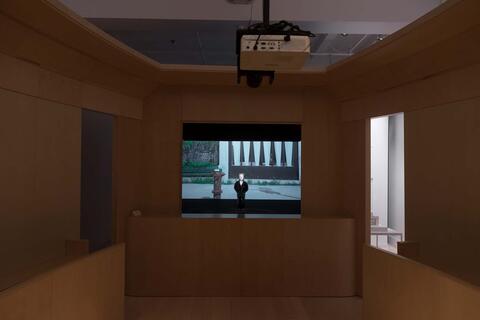
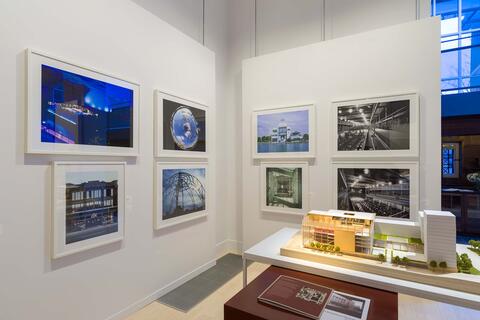
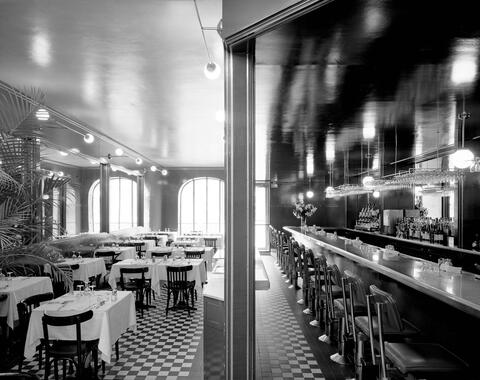
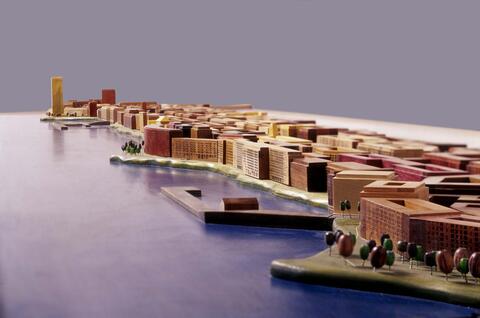
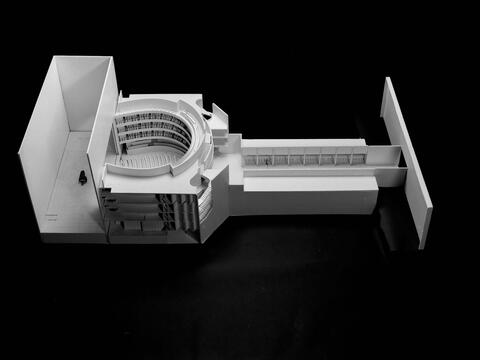
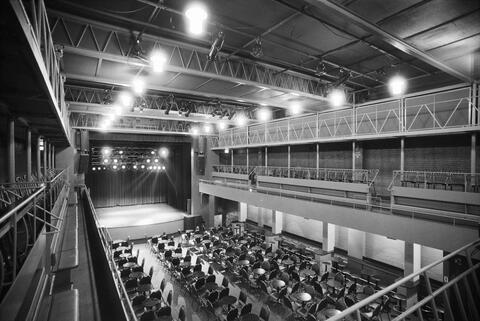
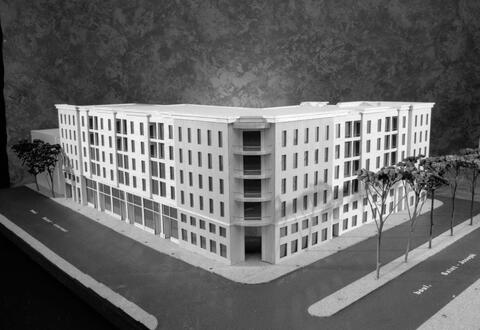
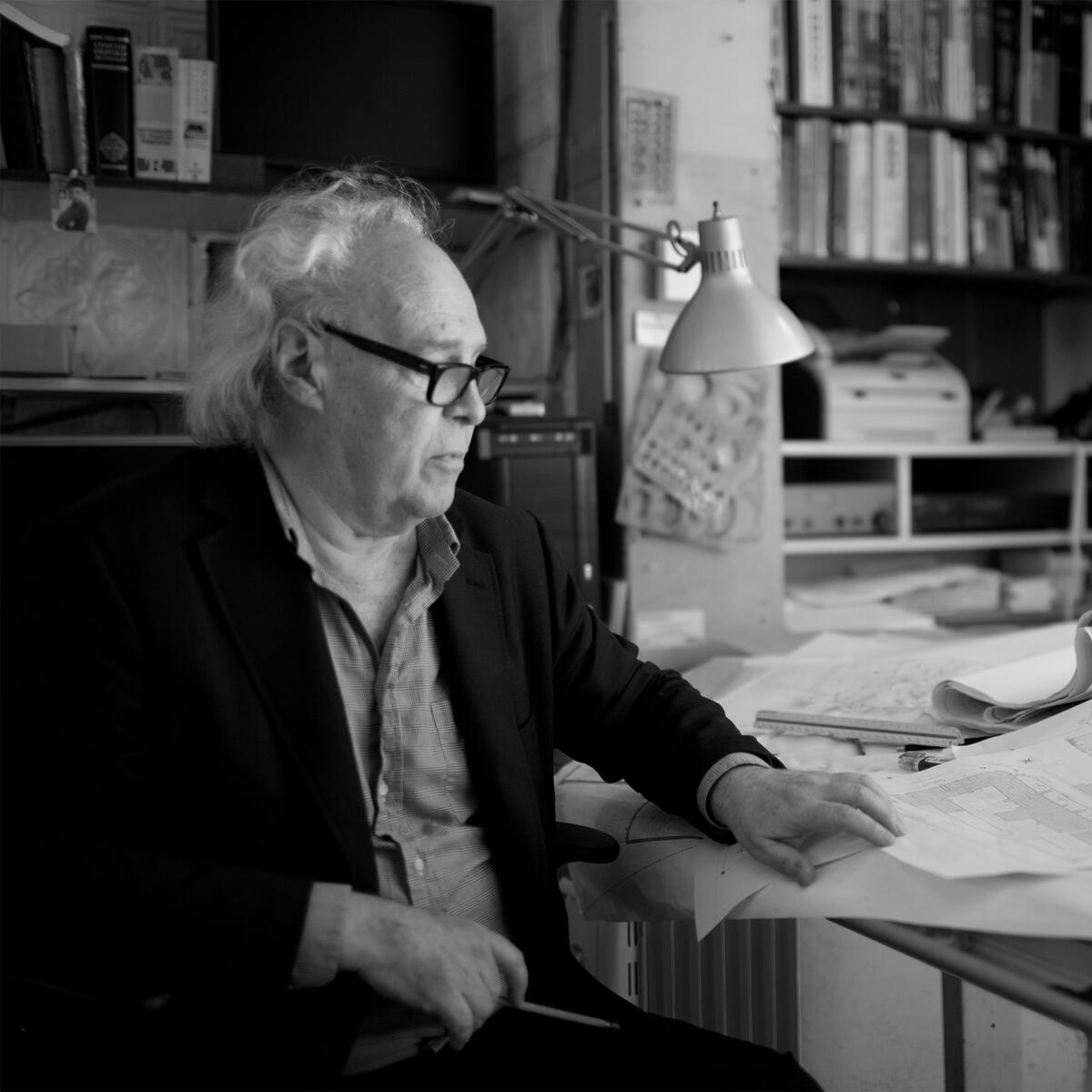
The architect Luc Laporte (1942-2012) was born in Montréal, where he worked all his life. His legacy to the city includes projects that have left a defining mark on the urban character of Montréal. Laporte made a name for himself by building the interiors of some of the city’s best-loved restaurants, notably L’Express, Leméac, Valois, Holder, Laloux, Café du Nouveau Monde (TNM), Via Roma, Restaurant de l’Institut (ITHQ), Trattoria dei Baffone (since demolished) and the now-defunct Sam. He also designed a number of performance venues, including the Musée Juste pour Rire and its Cabaret, as well as the latest iteration of Club Soda. He guided the renovation and expansion of the Société des Arts Technologiques (SAT). He also designed office spaces, among them a commission for Dentsubos Inc., and commercial spaces such as the boutique Arthur Quentin. We have him to thank as well for a number of Montréal landmarks, including the pavilion at the Bassin Bonsecours and the late, great Lux, an iconic 1980s café-bar-restaurant-dépanneur. His final project was the restoration of today’s 1700 La Poste.
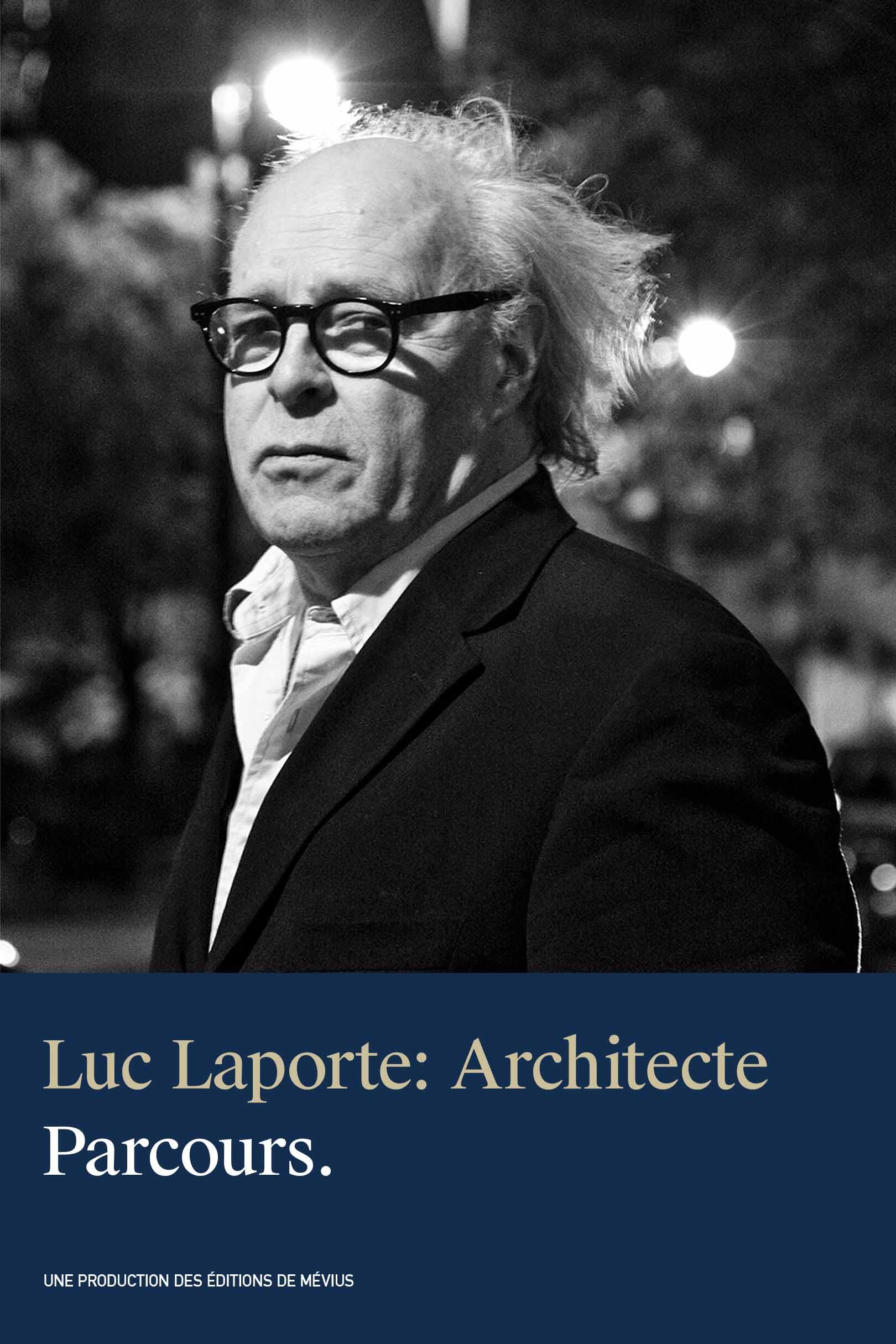
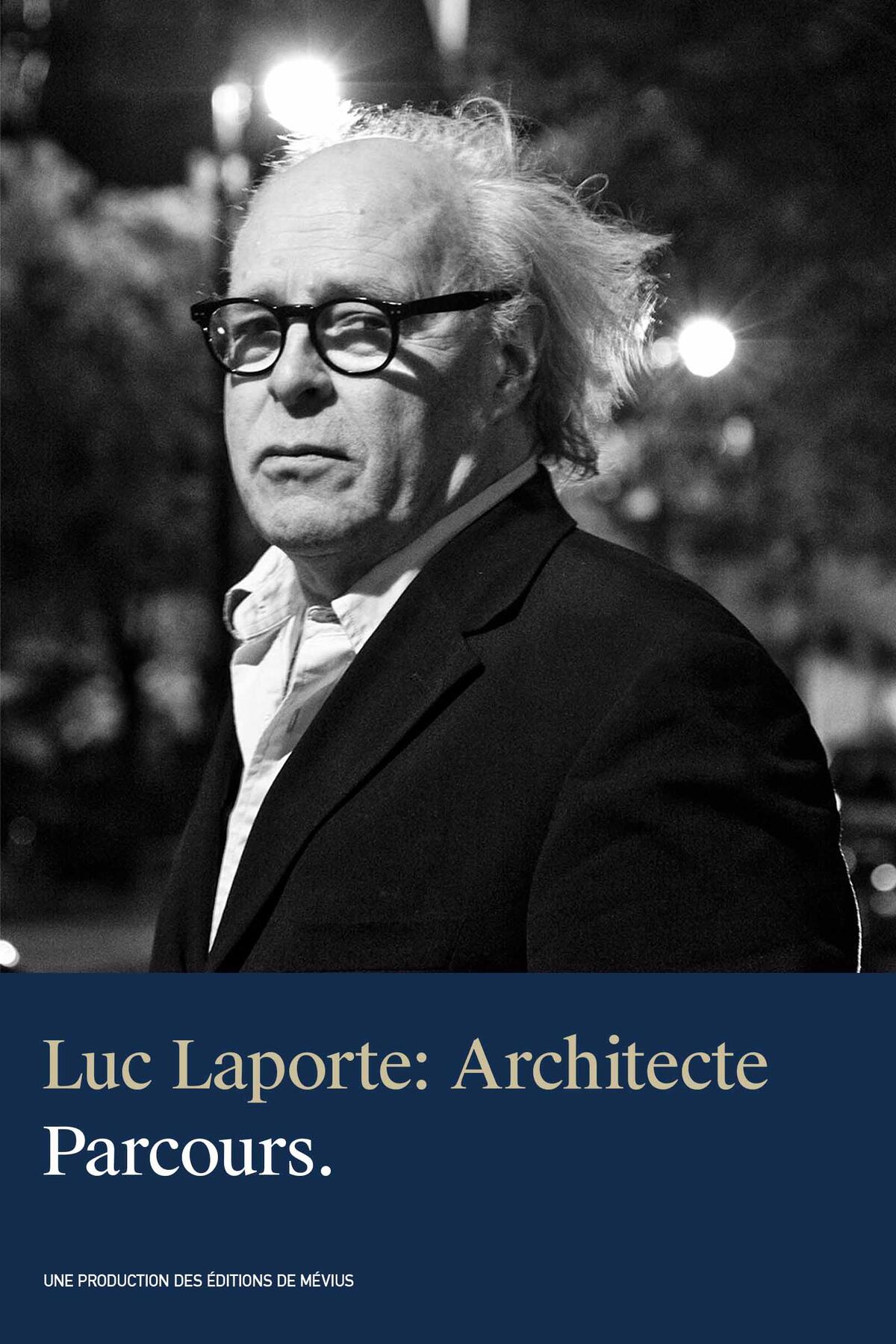
Luc Laporte: Architecte. Parcours.
Directed by Roland Boulos and his team at FarWeb.tv, this documentary is about about the architect Luc Laporte.
Les Éditions de Mévius
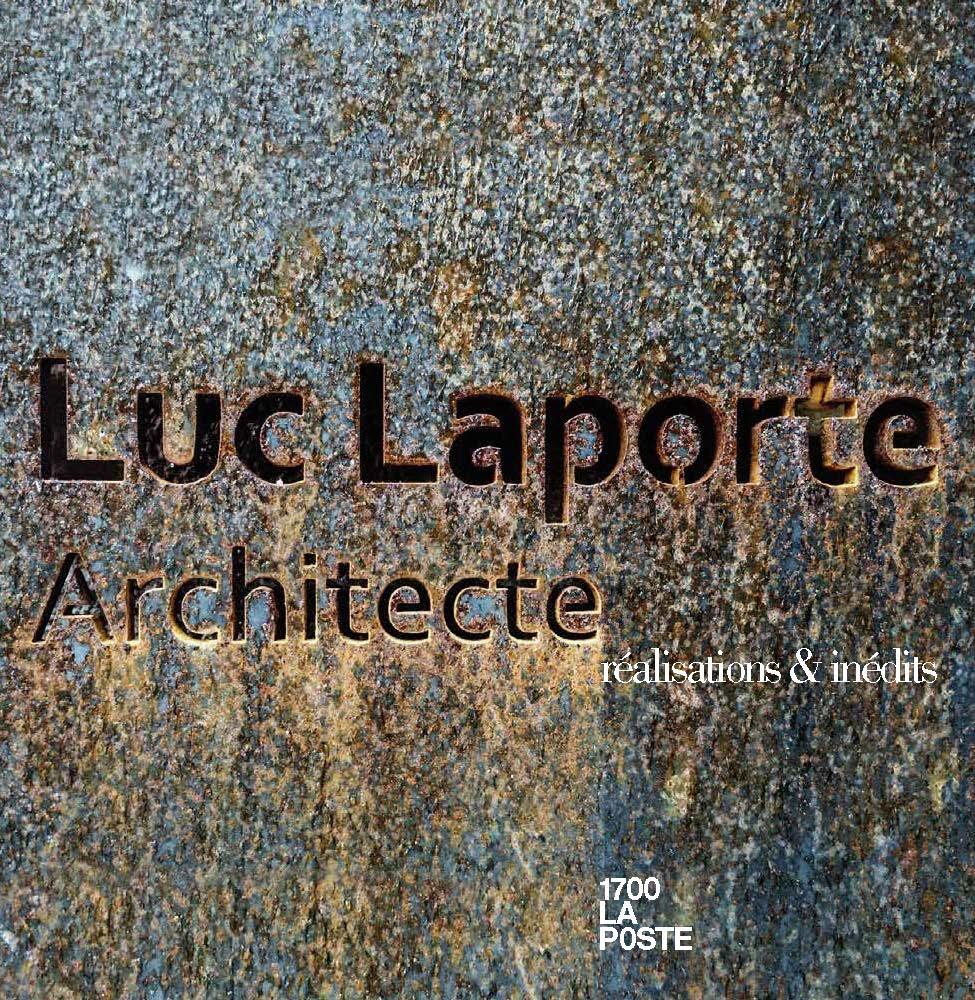
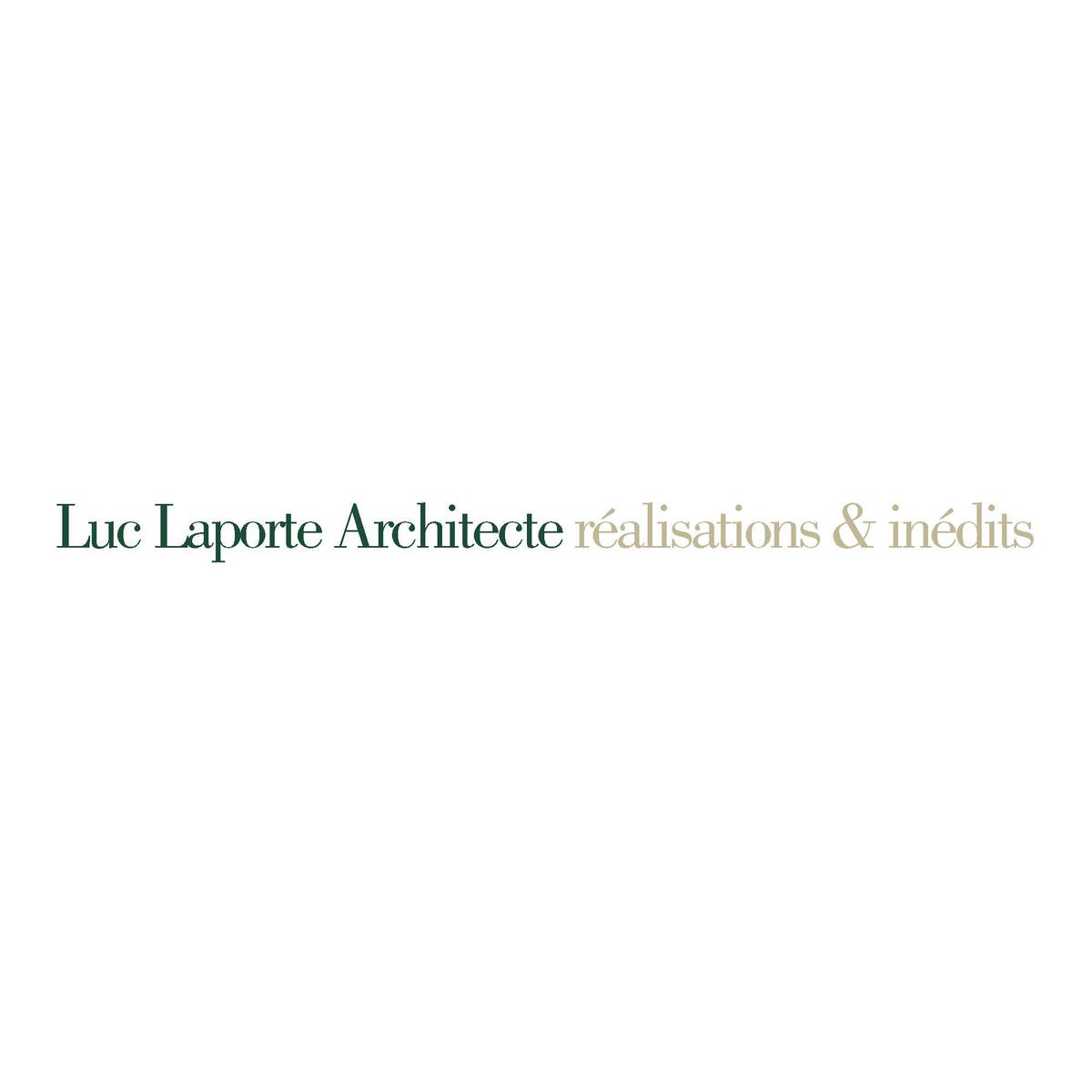
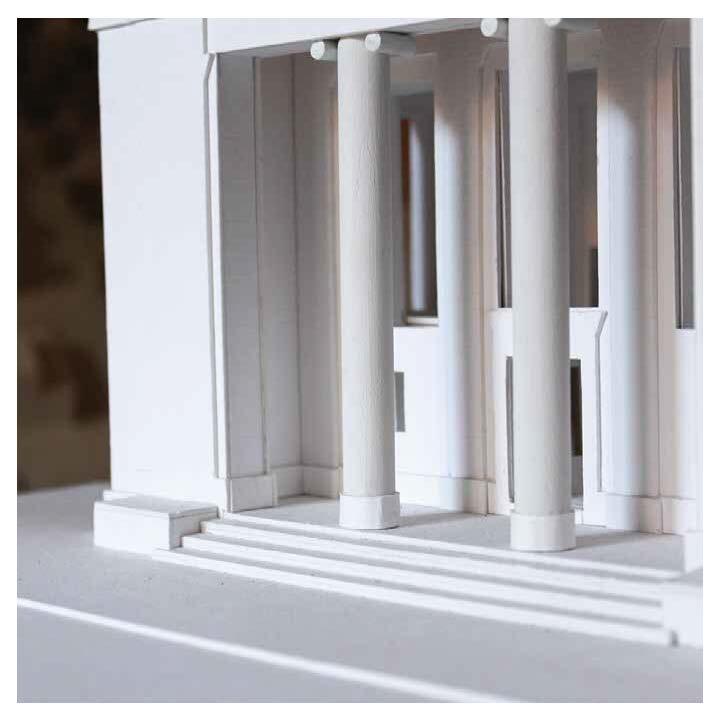
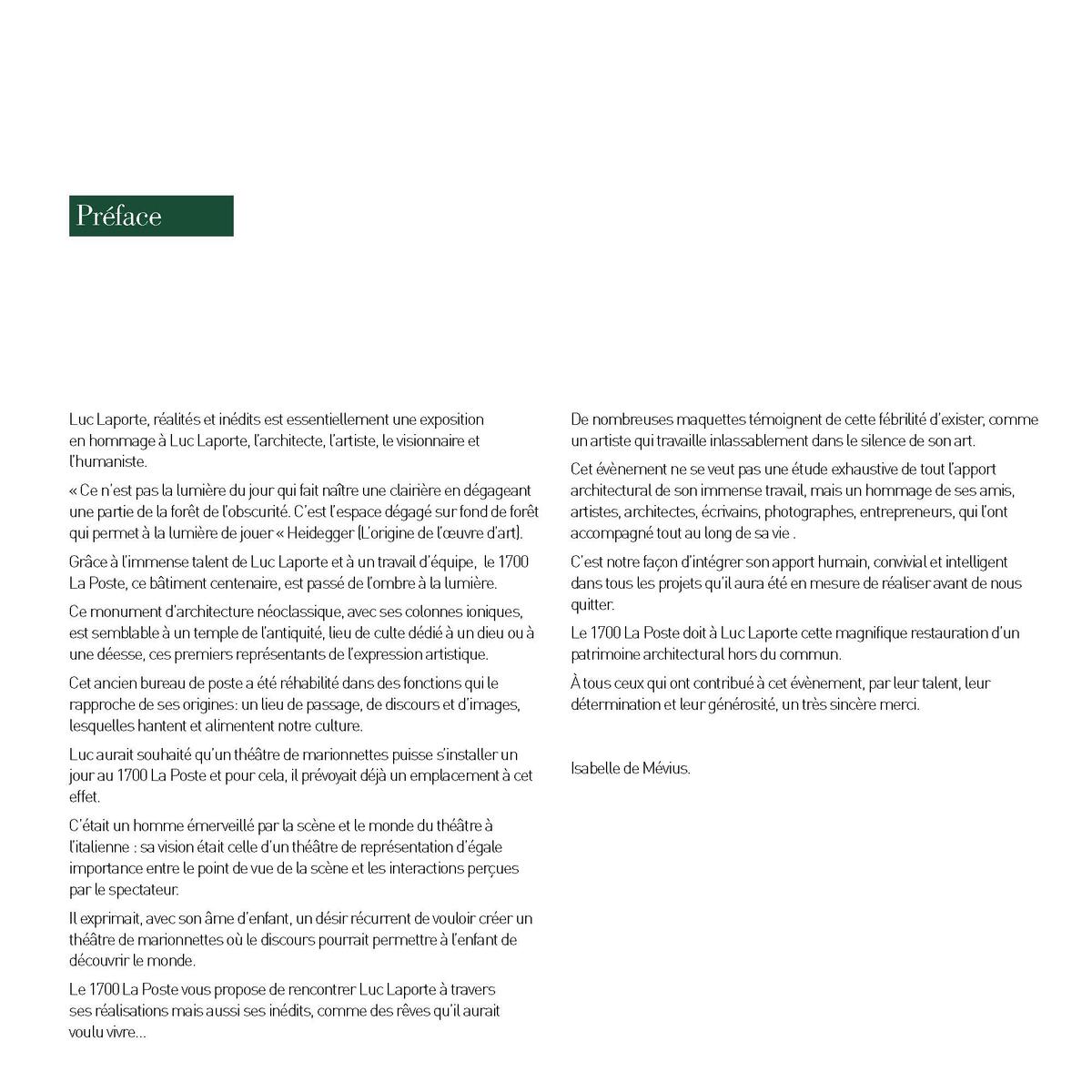
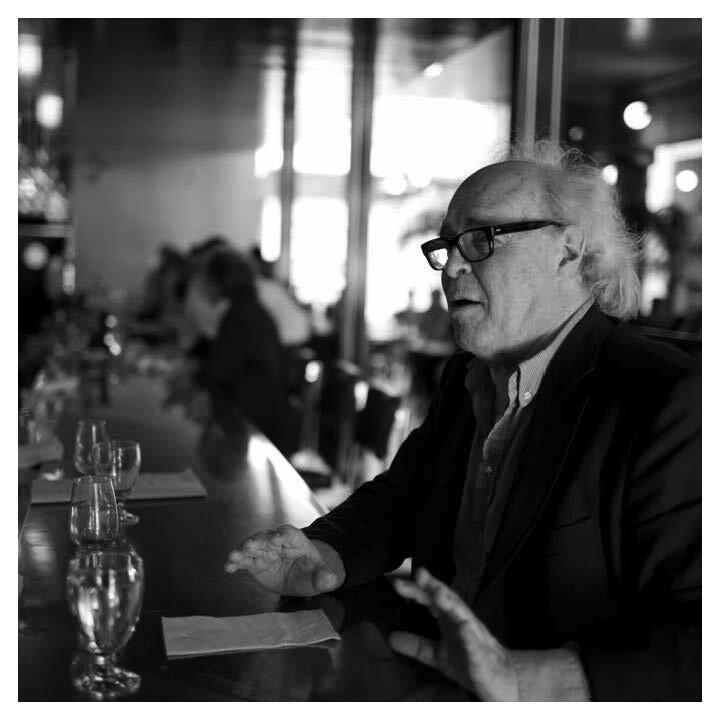
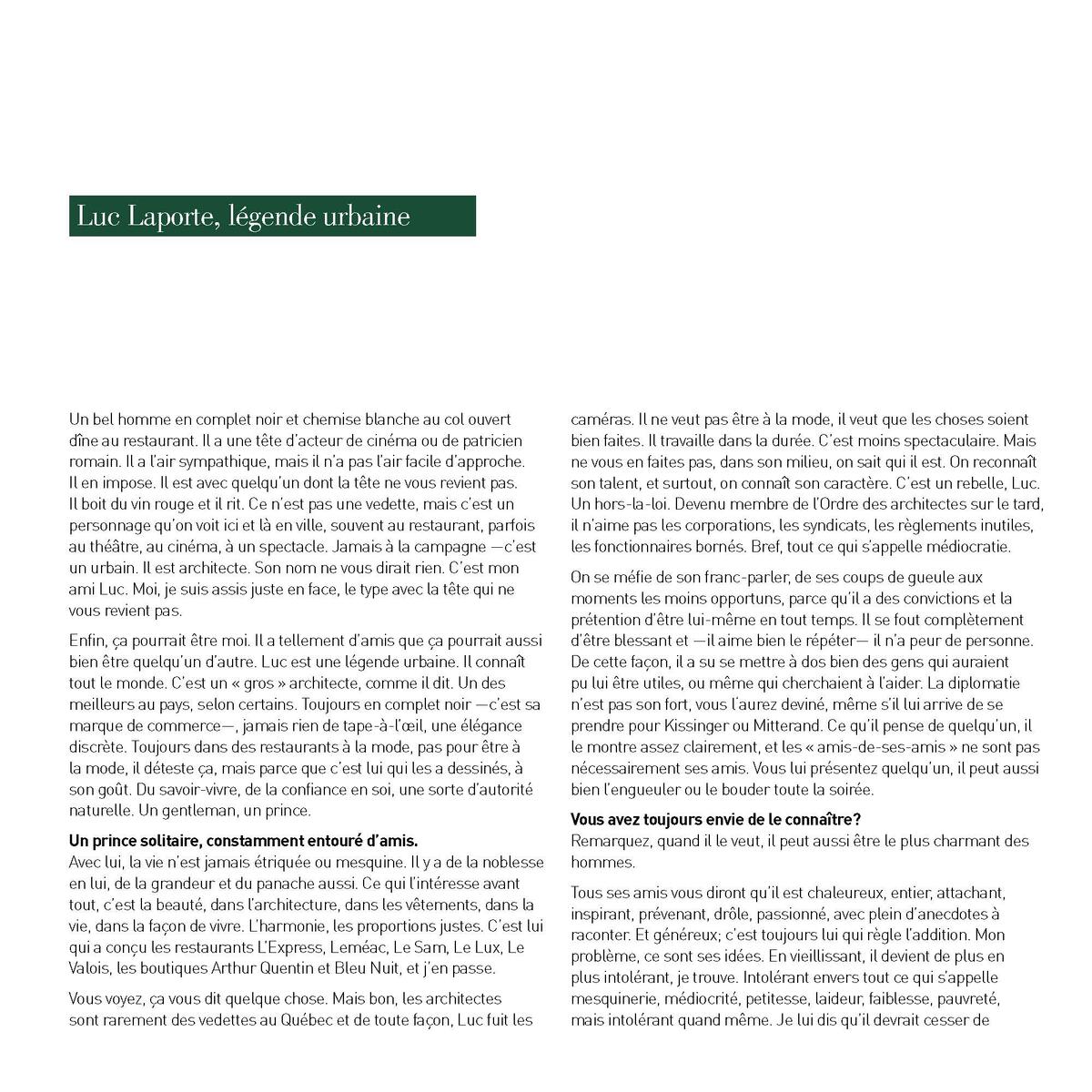
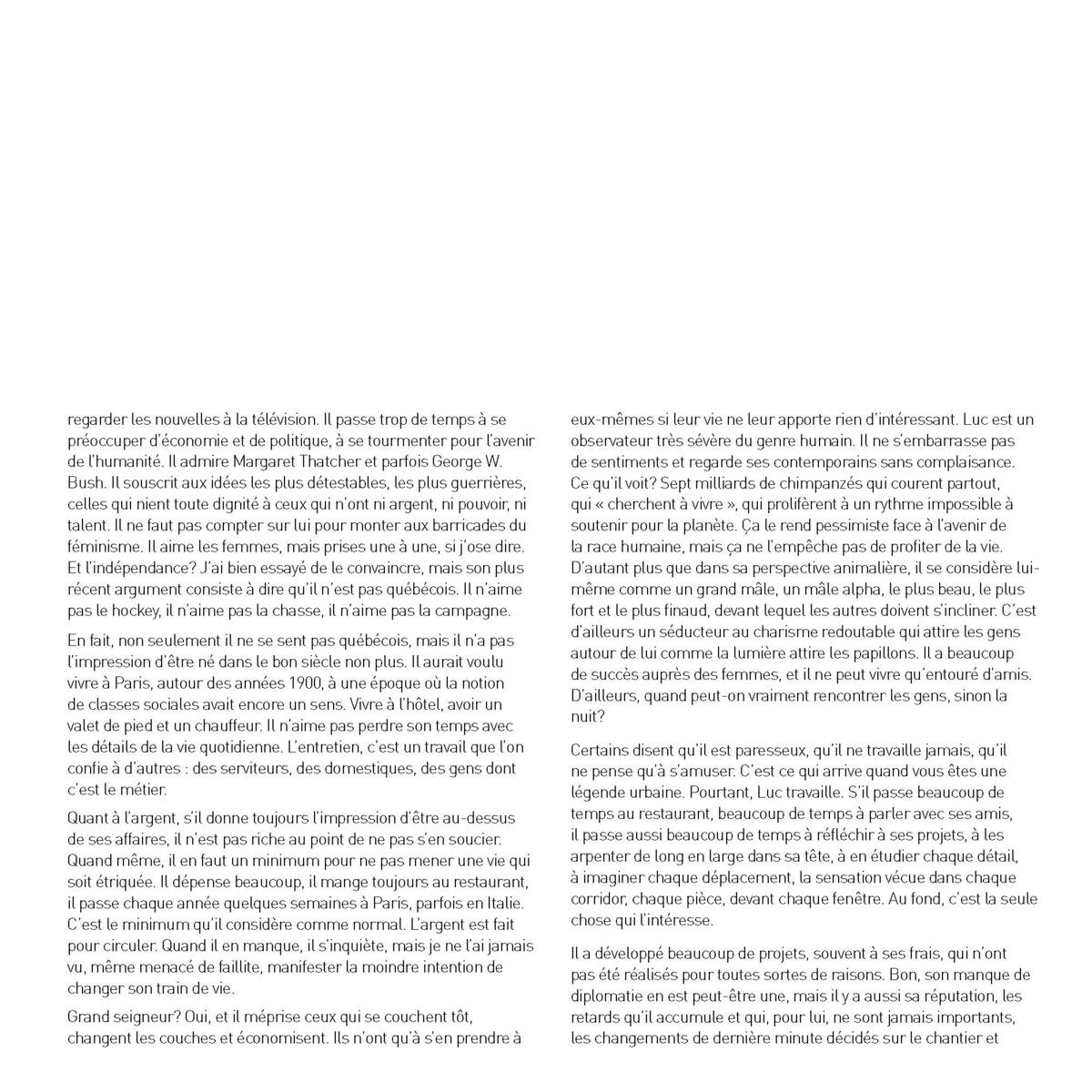
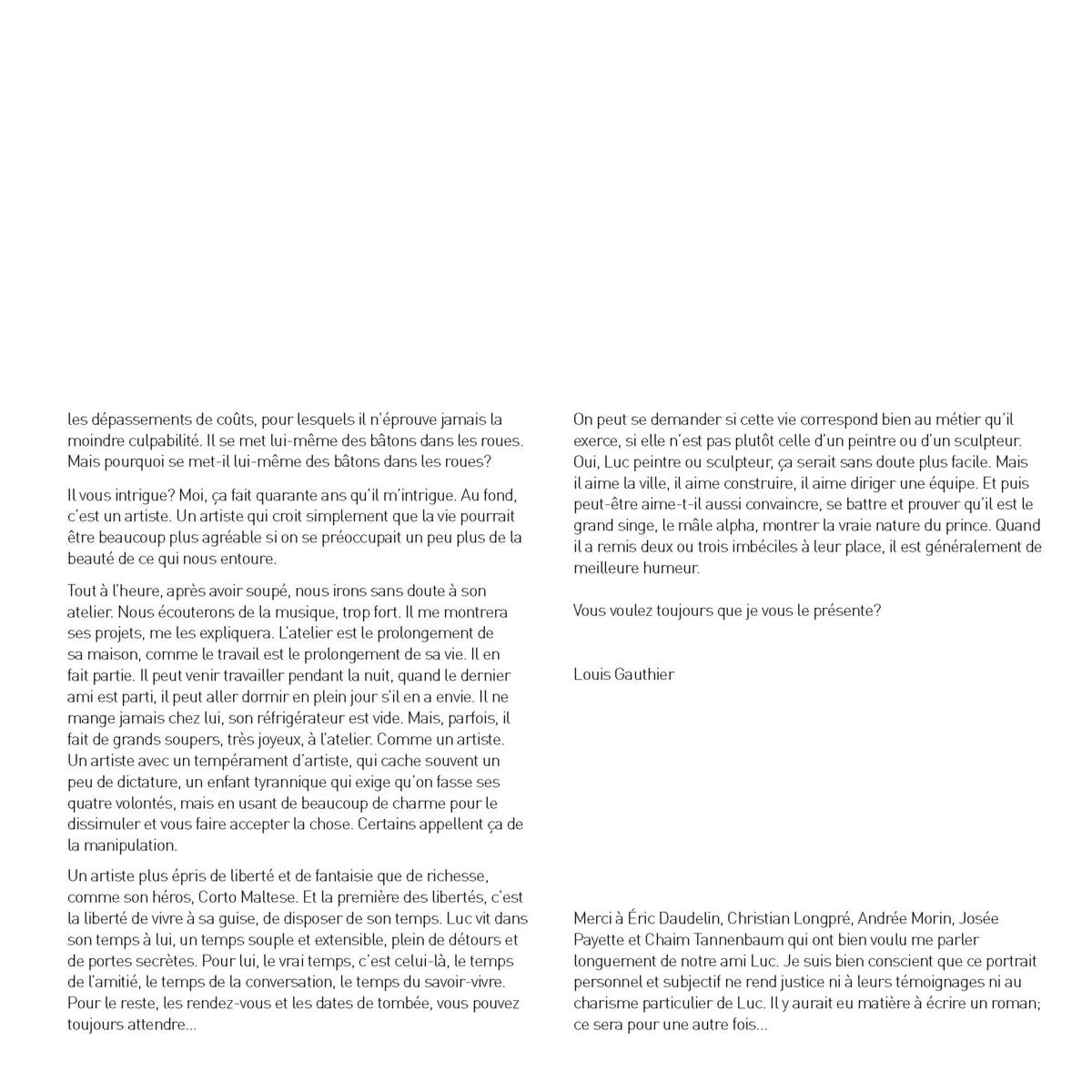
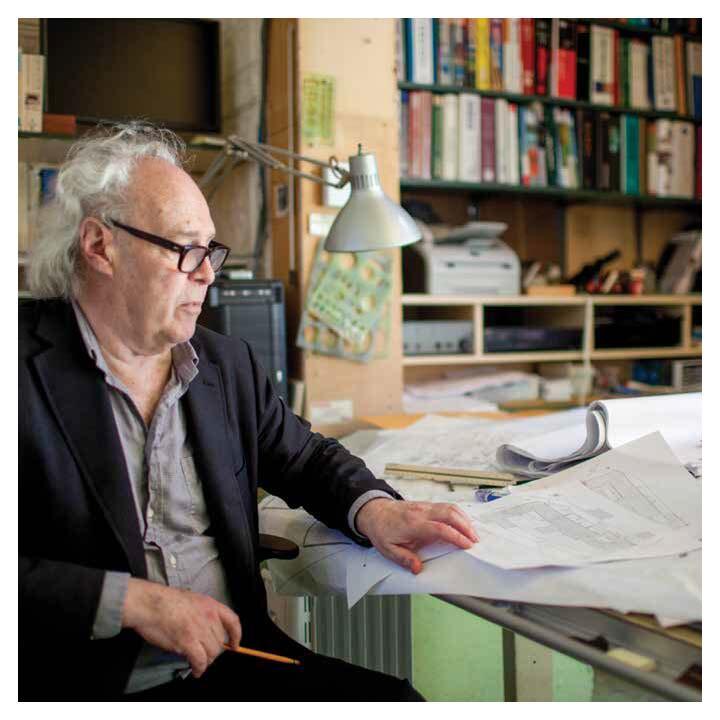
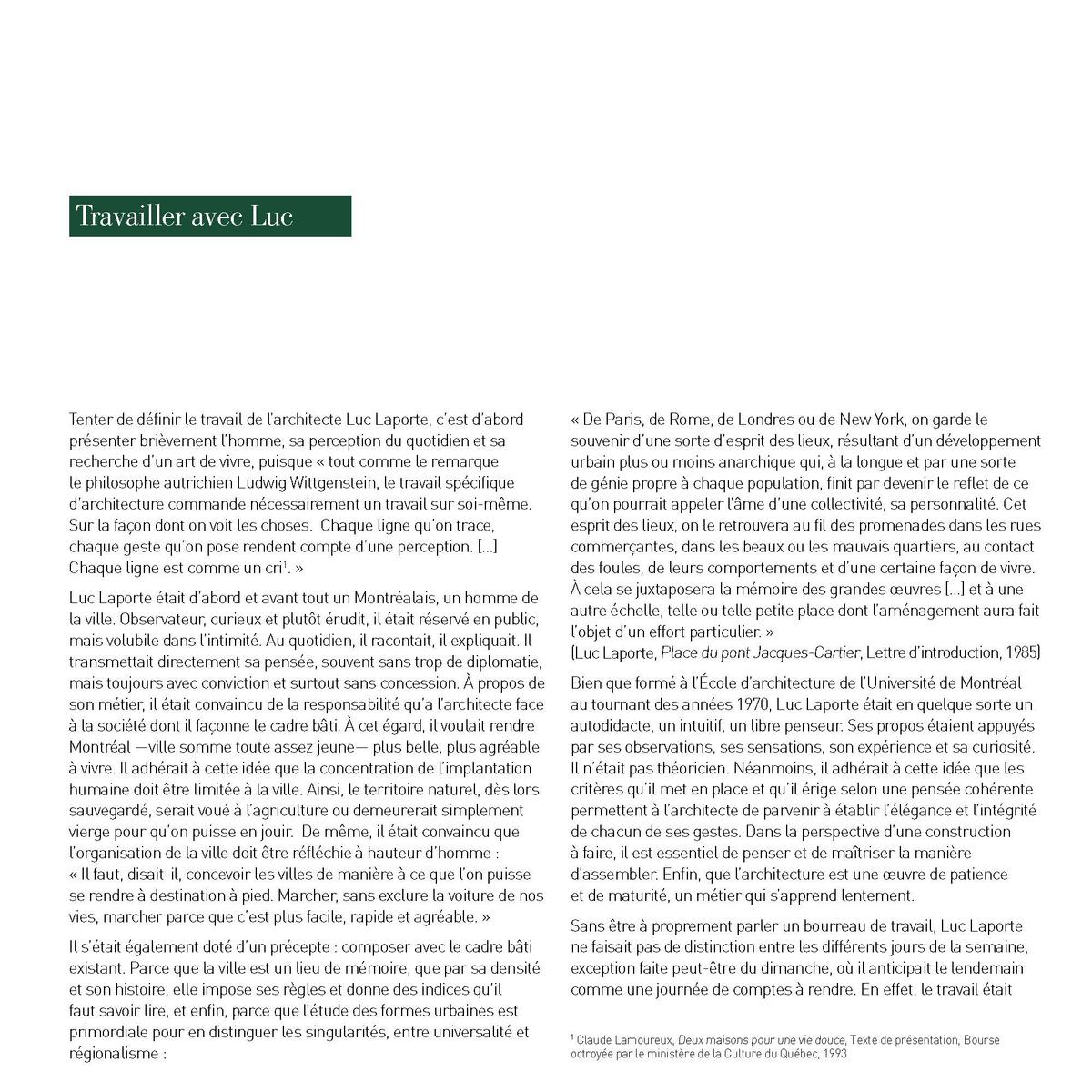
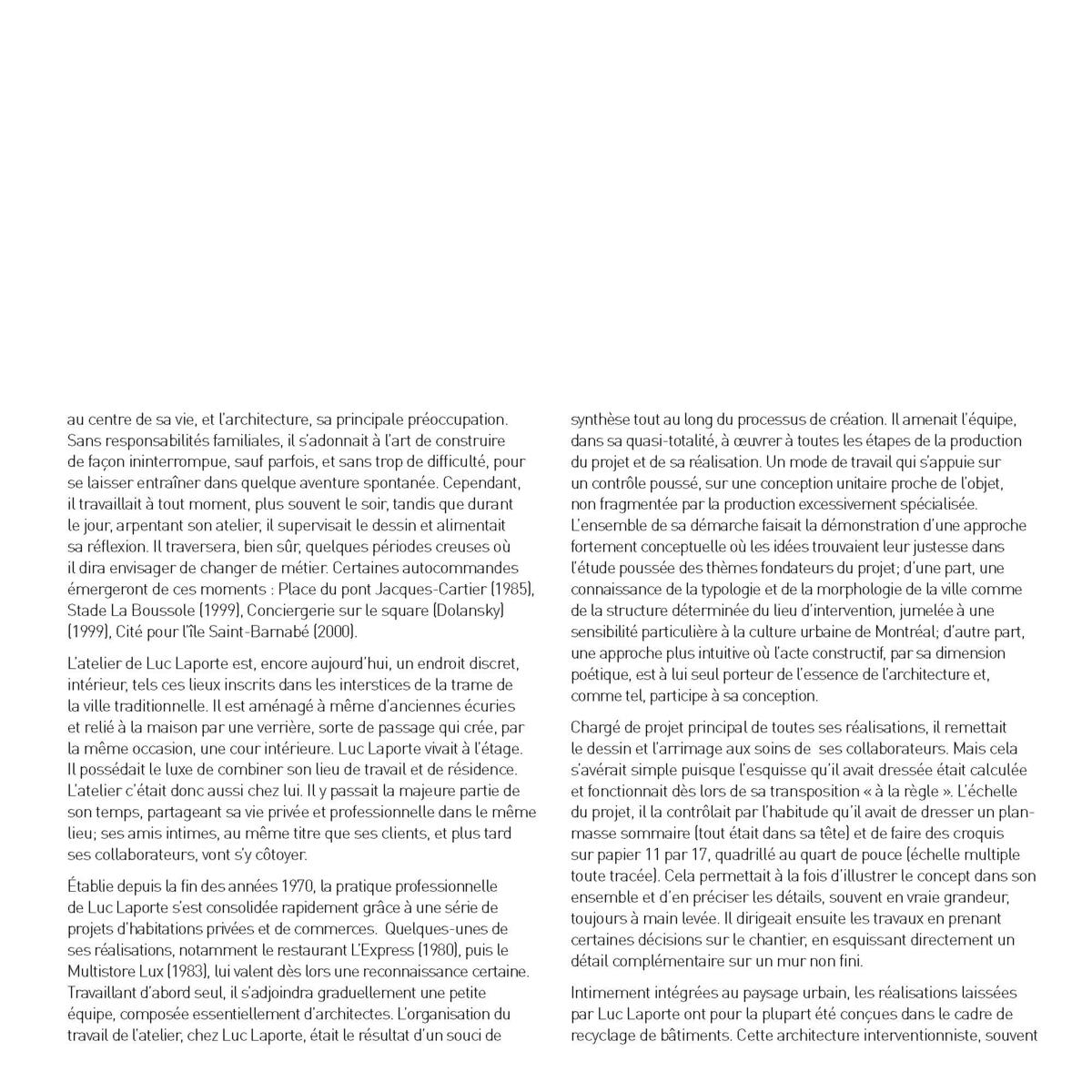
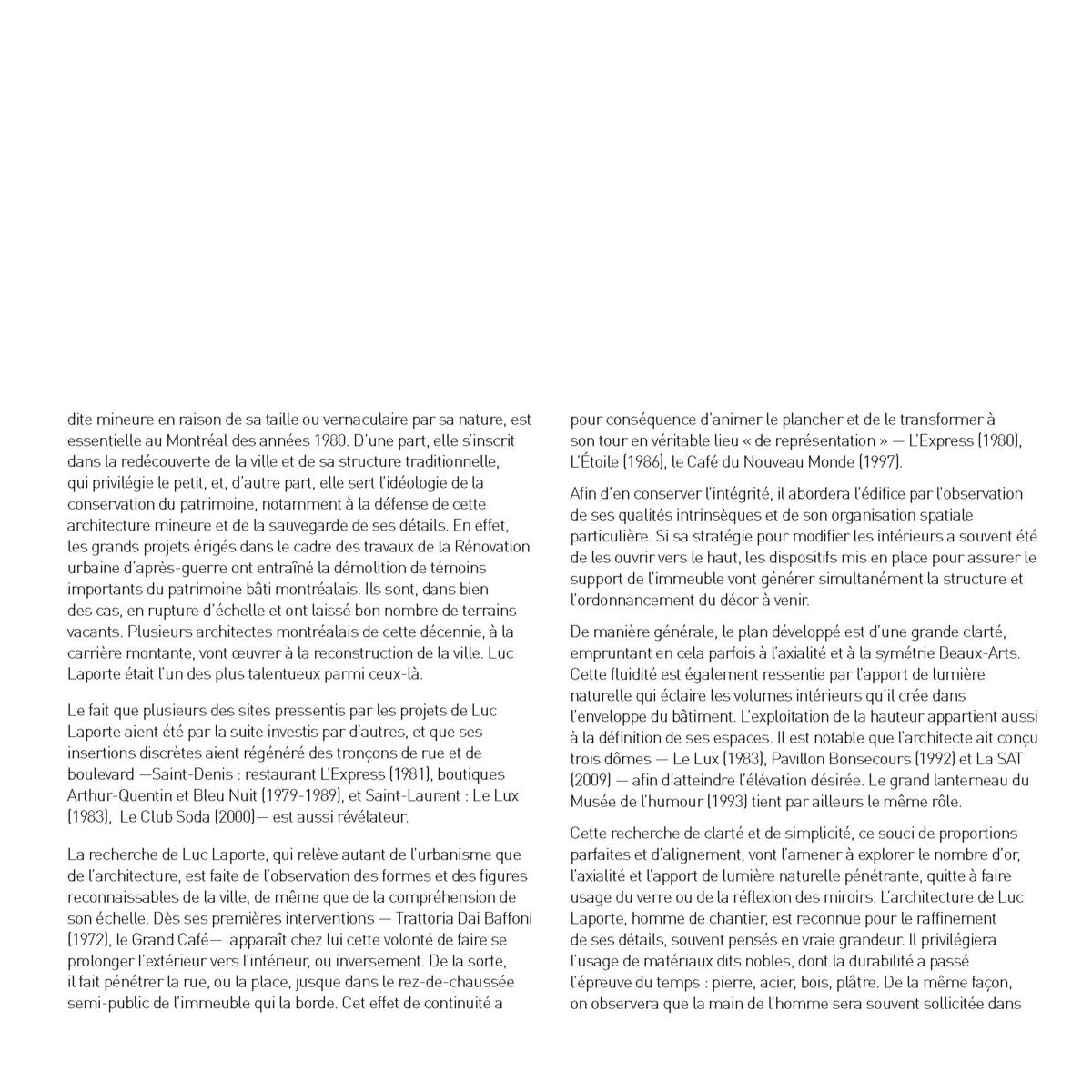
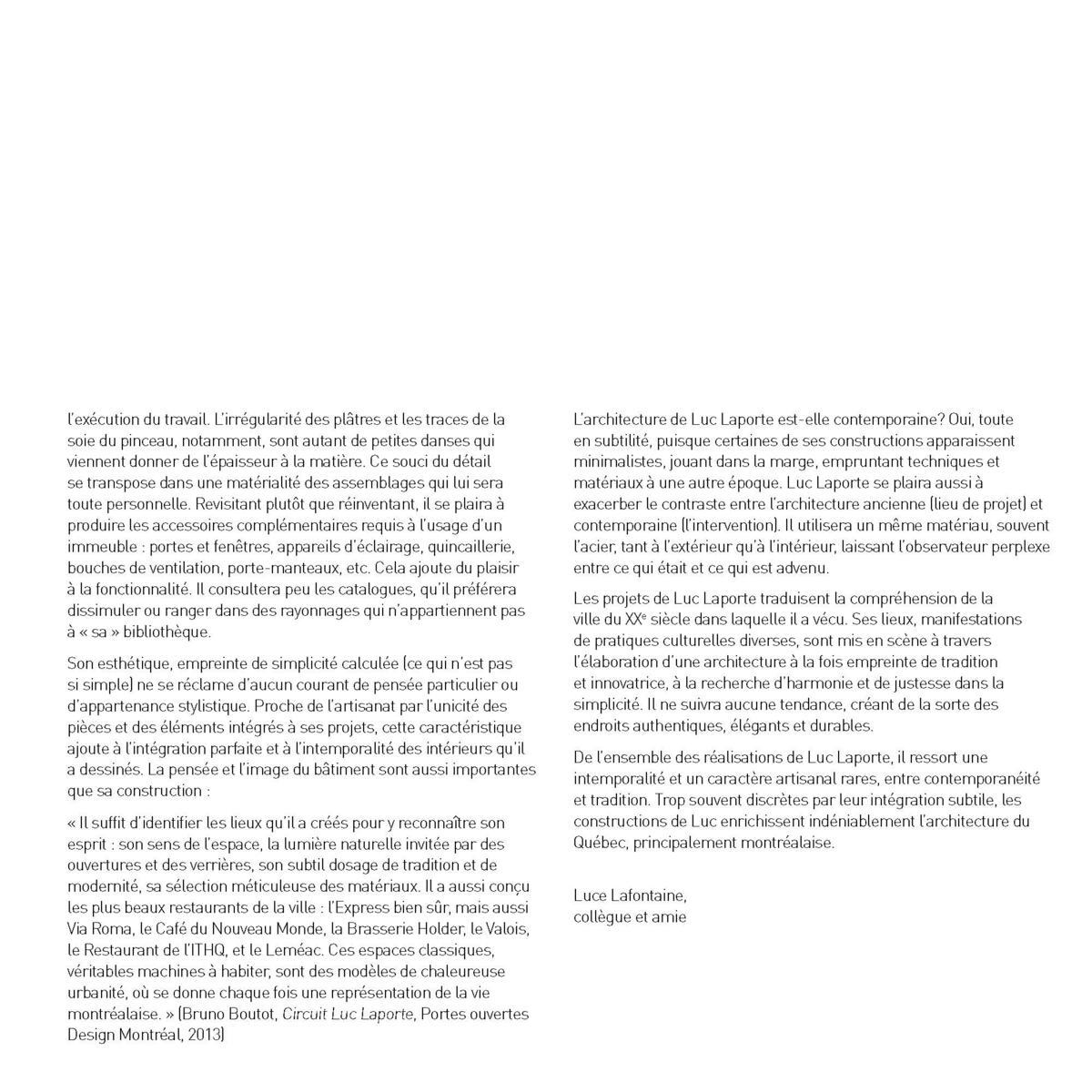

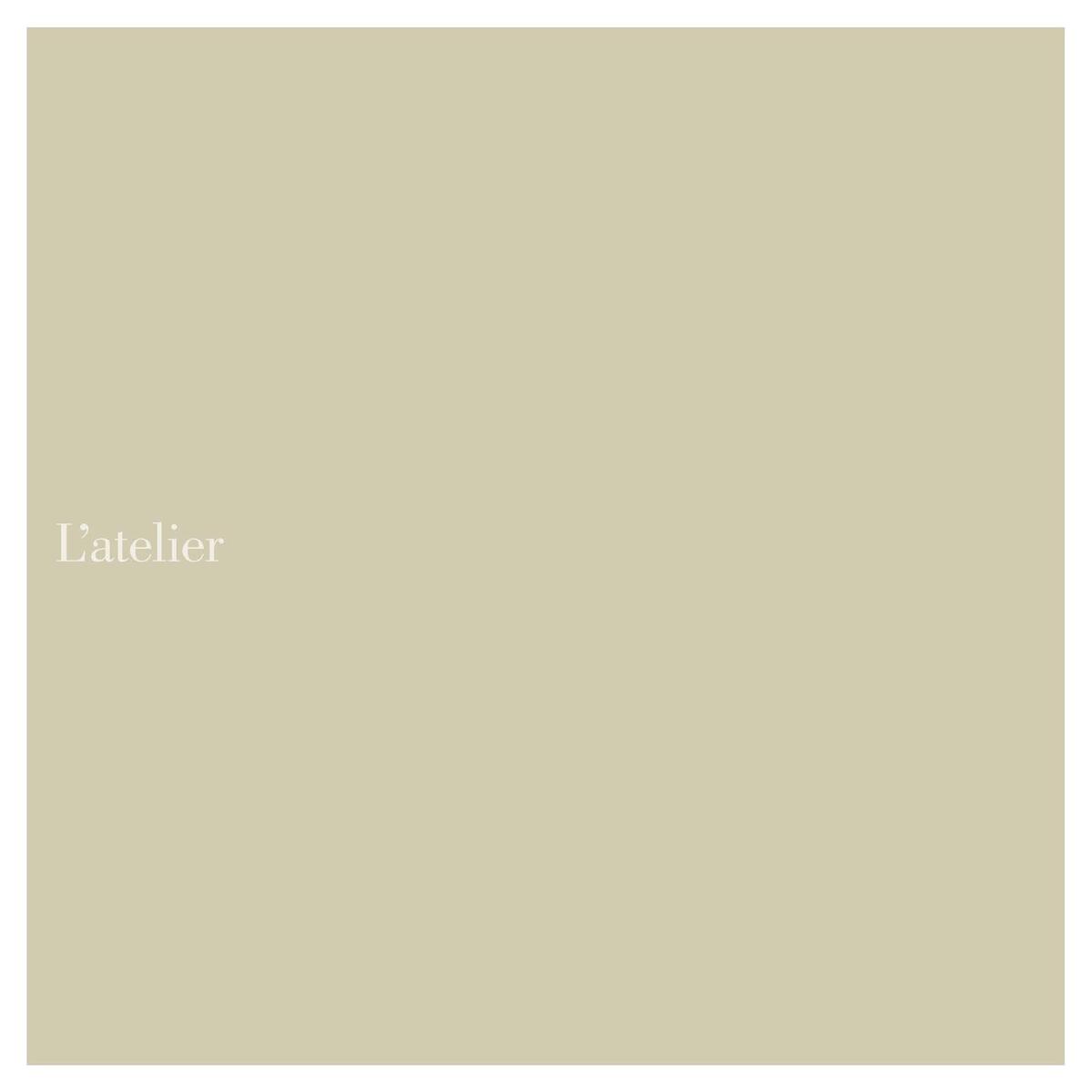
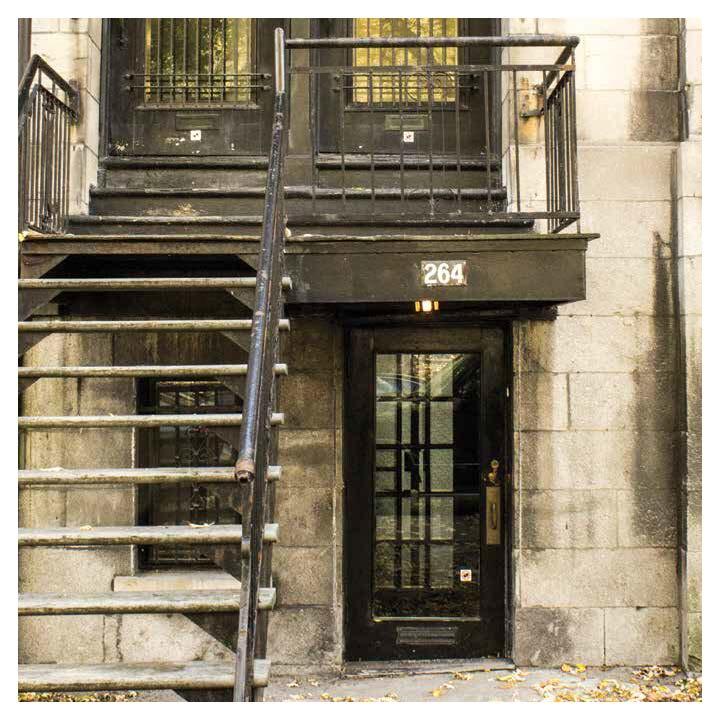
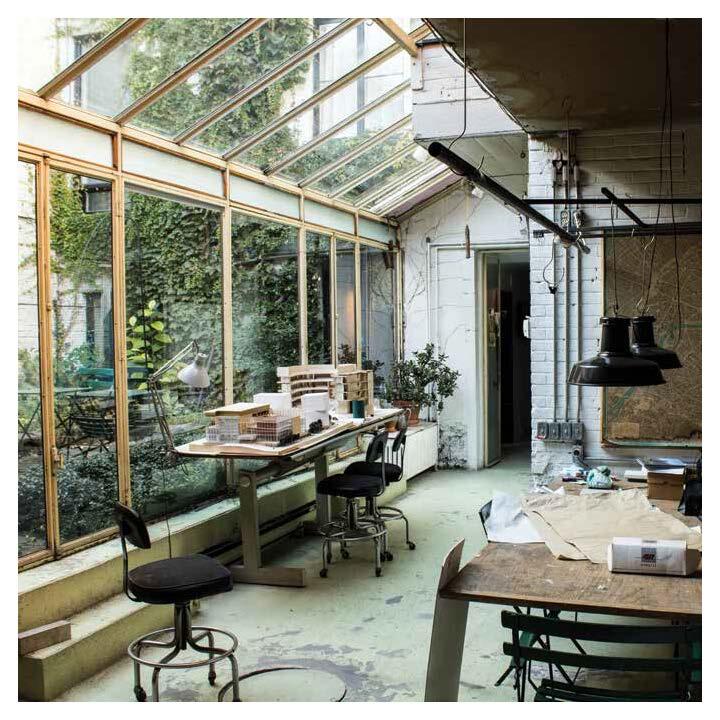
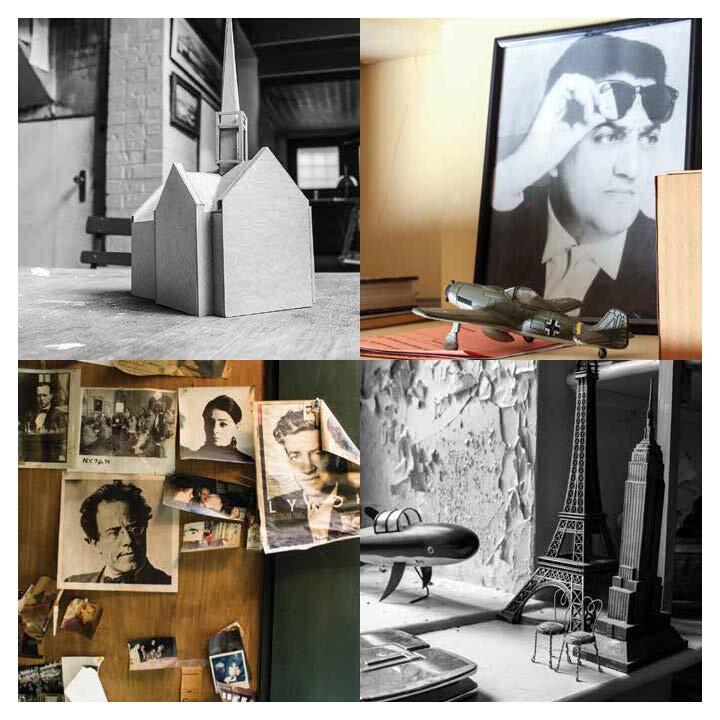
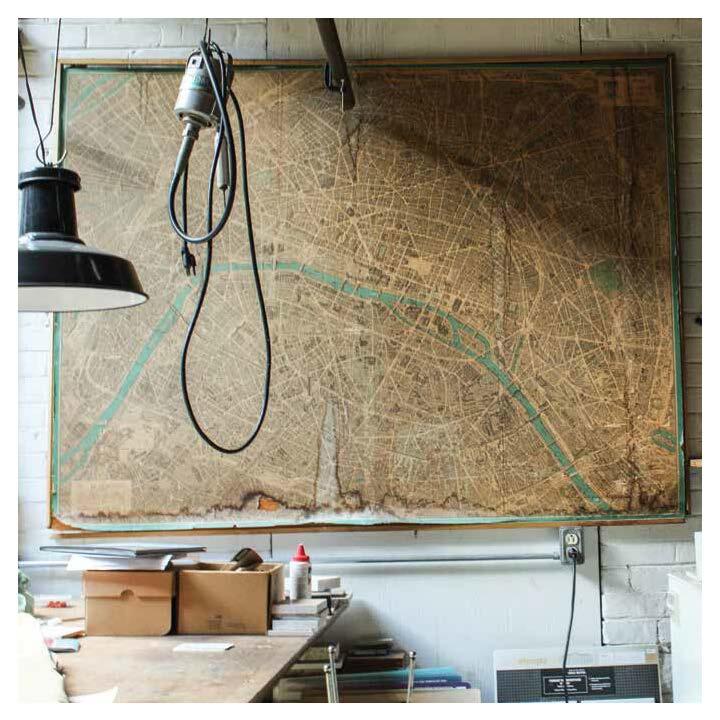
Luc Laporte: architecte.
Please note that this book is out of stock. Please do not place an order for it.
Sharing its goal with the exhibition Luc Laporte : Réalisations et inédits, this catalogue is essentially an hommage to Luc Laporte the architect, the artist, the visionary, the humanist. Luc Laporte, who was labeled a "solitary prince, constantly surrounded by friends", loved beauty, in architecture and in life. The catalogue features testimonies from his friends, artists, photographers, writers and close collaborators.
Publication
2014
Format
26 x 26 cm
ISBN
978-2-9810774-5-5
Bookbinding
Hardcover
Collection
Art and essays
Number of pages
118
Authors
Isabelle de Mévius, Louis Gauthier, Luce Lafontaine, Luc Laporte
Photography
Edouard Arnaud, Paul Baril, André Cornellier, Marc Cramer, Eric Daudelin, Roger Gariépy, Jeffrey Rosenberg, Nicolas Ruel, Joël-Pascal Wodicka
